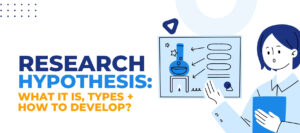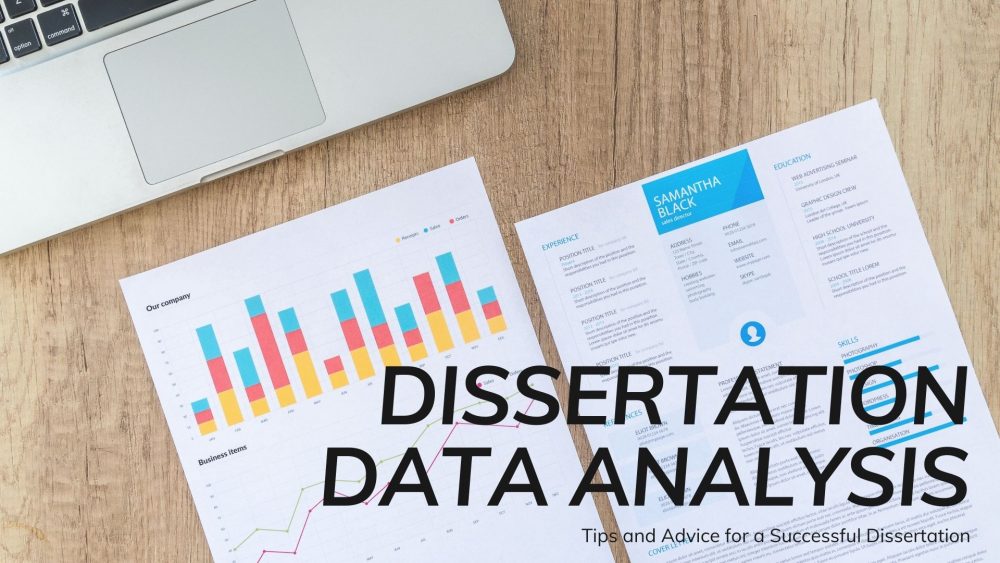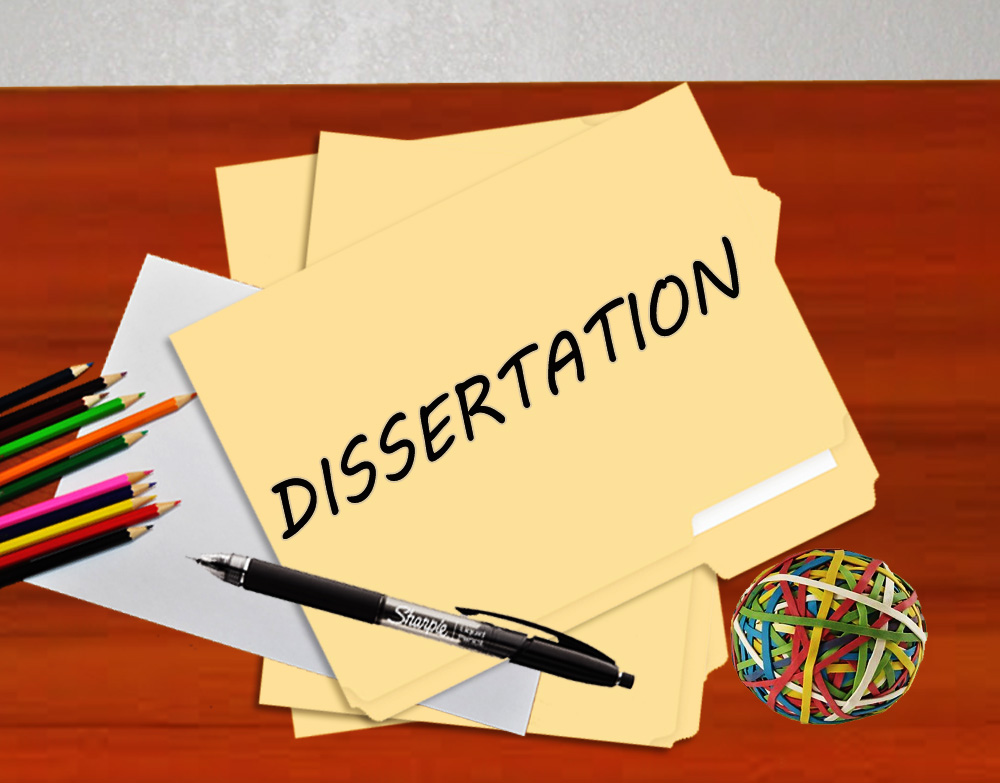Constructing Research Hypothesis
Creating research hypotheses services assists in developing a clear, testable hypothesis that outlines your research question, and anticipates the expected results. If your study seeks to explore the connection between multiple variables, crafting a hypothesis is a crucial step before collecting data or conducting experiments. This statement serves as the core framework for scientific investigations. When developing a hypothesis, you should consider existing literature on the topic and use reasoning to predict what will happen.  Even though some are based on theories, some are developed after making a set of observations. Theories are vast and explain more significant amounts of data; therefore, if you have an original research question, you will have to collect data and make an observation before you form a broader theory. Some studies need several hypotheses that address various aspects of the question. When building your research hypothesis, you need to be thorough since a minor flow in the construction may have adverse experiments on your study. Your hypothesis should be testable, meaning you can support or refute it using scientific research methods like observations, statistical data analysis, and experiments. A hypothesis has two variables, and it proposes how two or more variables relate. An independent variable can be changed or controlled by the researcher, while a dependent variable is something the investigator can observe or measure. You should keep in mind that your hypothesis does not have to be correct. While your theory predicts your outcome, the study aims to determine if the prediction is right or wrong. When experimenting, you need to explore several factors to identify the ones that might lead to the ultimate findings. In most cases, researchers have experimental results that do not support their hypothesis. If you find yourself in such a situation, you should suggest options to be explored in future research when writing your findings.
Even though some are based on theories, some are developed after making a set of observations. Theories are vast and explain more significant amounts of data; therefore, if you have an original research question, you will have to collect data and make an observation before you form a broader theory. Some studies need several hypotheses that address various aspects of the question. When building your research hypothesis, you need to be thorough since a minor flow in the construction may have adverse experiments on your study. Your hypothesis should be testable, meaning you can support or refute it using scientific research methods like observations, statistical data analysis, and experiments. A hypothesis has two variables, and it proposes how two or more variables relate. An independent variable can be changed or controlled by the researcher, while a dependent variable is something the investigator can observe or measure. You should keep in mind that your hypothesis does not have to be correct. While your theory predicts your outcome, the study aims to determine if the prediction is right or wrong. When experimenting, you need to explore several factors to identify the ones that might lead to the ultimate findings. In most cases, researchers have experimental results that do not support their hypothesis. If you find yourself in such a situation, you should suggest options to be explored in future research when writing your findings.
Types Of Research Hypothesis
- Simple hypothesis: The hypothesis predicts the relationship between one independent variable and a single dependent variable.
- Complex hypothesis: It predicts the relationship between several dependent and independent variables.
- Directional hypothesis: A directional hypothesis specifies the possible path you should take to determine the relationship between multiple variables, and it is derived from theory. It also demonstrates the intellectual commitment of the researcher to a specific outcome.
- Non-directional hypothesis: This type of hypothesis does not predict the precise nature or direction of the relationship between variables. It is used when the results contradict the previous study or when no theory is applicable.
- Associative and casual hypothesis: Associative hypothesis defines interdependency between research variables, where a change in one variable causes a change in the other. On the other hand, the causal hypothesis suggests the impact on a dependent variable, an independent variable, is manipulated.
- Null hypothesis: It is a negative statement that supports investigators’ findings that no relationship exists between two variables.
- Alternative hypothesis: An alternative hypothesis states that a relationship exists between two research variables and that the findings are significant to the study topic.
Essential Characteristics Of An Effective Research Hypothesis
A hypothesis is a specific and testable prediction about your expectations from the research project; therefore, you should consider drawing it from a previously published study based on the theory. You need to be put in a lot of effort to construct a good hypothesis. In particular, the hypothesis may start with a question that could be further assessed by doing background research. You should ask yourself the following questions to enable you to construct a good research hypothesis:
- Is the language you used clear and focused?
- What is the relationship between the hypothesis and your research topic?
- Is your research hypothesis testable? If it is, how?
- The possible explanations you may want to explore
- If your hypothesis includes dependent and independent variables
- Can you manipulate the variables without going against the ethical standards?
Use the questions highlighted above as a checklist to ensure your hypothesis has a strong basis. Furthermore, they will help you identify weakness in the formulated hypothesis and revise it.
Steps To Constructing Research Hypothesis
- Ask a question: Before you construct a null hypothesis, you should have a research question that you want to answer. Your research question should be specific, focused, and researchable within the constraints of your project.
- Do preliminary research: Doing plenty of research by looking at previous studies and theories will help you have educated research assumptions. You should base your initial answer to the question on what is already known in your topic. At this point, you might form a conceptual framework to determine the variables you will investigate and identify the relationship between them.
- Formulate your research hypothesis: Now that you know what you may find, you can formulate your hypothesis. You should write a clear, concise statement as an initial answer to your research question.
- Refine your hypothesis: You should make sure you have a specific and testable hypothesis. You can frame the hypothesis whichever way you want, but ensure the terms have clear definitions. Ensure your hypothesis contains:
-
-
-
-
- The relevant variables
- The particular group understudy
- The predicted outcome of the study or analysis
- Phrase your hypothesis in different ways.
-
-
-
- Write a null hypothesis: You will also have to construct a null hypothesis if your study involves testing a statistical hypothesis. A null hypothesis shows that there is no relationship between the variables.
Considering these hints, it may be easier for you to produce a testable hypothesis and make sure that it is such. If you find yourself incapable of composing a strong testable hypothesis, feel free to address our professional writing agency. Our experts are always ready to assist you. They have access to numerous academic resources, meaning they can gather accurate data about any topic and create an original hypothesis that will clearly highlight the idea a dissertation is built around.
Get a 15% Discount on Your First Order!

